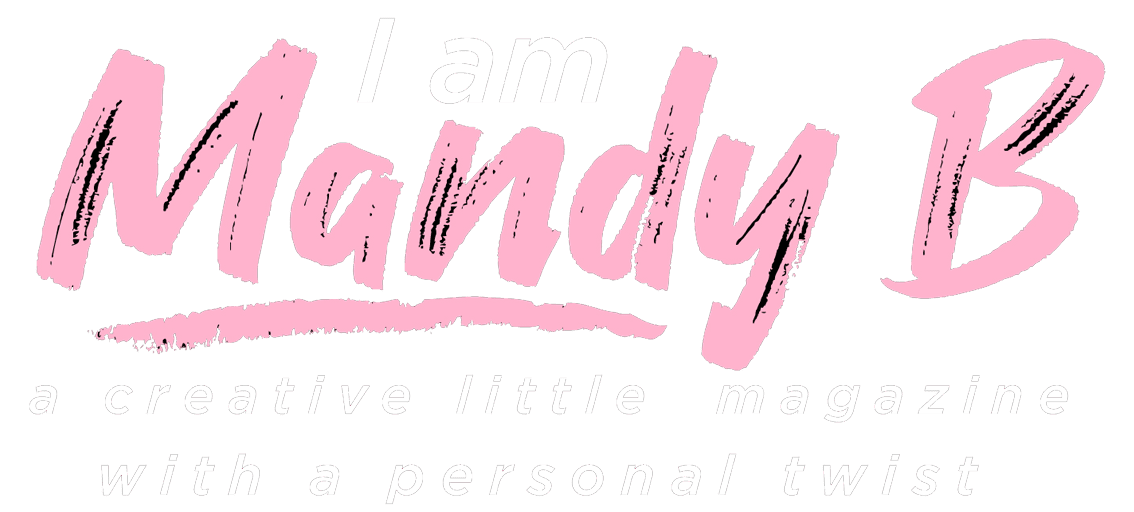I use fashion as self expression, telling who I am, my personality, my thoughts, my ideas, setting trends and as therapy. But of course fashion has many goals. Most use fashion as status thing. Expensive clothes make you look important and rich (I like my man streetsmart btw;)) knowing expensive fashion ain’t worth shit and not makes you look important. The streetsmart movement. You status people dont know nothing about life.
Fashion serves a multitude of purposes, extending far beyond mere aesthetics or the superficial pursuit of trends. It is a dynamic cultural phenomenon deeply embedded in human history, societal structures, and individual expression. Understanding the purpose of fashion requires delving into its various dimensions, encompassing identity formation, social communication, economic significance, and creative expression.
At its core, fashion serves as a means of self-expression and identity formation. The clothes we wear, the accessories we adorn ourselves with, and the styles we adopt all contribute to how we perceive ourselves and how we are perceived by others. Fashion allows individuals to communicate aspects of their personality, values, and cultural affiliations without uttering a word. Through clothing choices, people can signal their belonging to particular subcultures, express their creativity, or assert their individuality within societal norms.
Moreover, fashion serves as a form of social communication, facilitating interaction and conveying messages within and across communities. Clothing can signify social status, occupation, or group affiliation, enabling individuals to navigate social hierarchies and establish connections with others. For example, certain uniforms or dress codes distinguish professionals in various fields, while subcultural styles serve as markers of belonging for like-minded individuals.
Economically, fashion is a significant industry with far-reaching impacts on global commerce, employment, and consumption patterns. The fashion industry encompasses design, manufacturing, retail, marketing, and media, generating billions of dollars in revenue worldwide. Fashion trends drive consumer demand, influencing purchasing decisions and shaping market dynamics. Beyond its commercial aspect, fashion also intersects with sustainability and ethical considerations, prompting discussions about responsible production practices and consumption habits.
Furthermore, fashion fuels creativity and innovation, serving as a platform for designers, artists, and artisans to showcase their talent and push boundaries. Fashion designers draw inspiration from diverse sources, including art, history, nature, and technology, translating their visions into wearable art forms. The fashion industry thrives on constant reinvention and experimentation, with trends evolving rapidly to reflect changing tastes and societal influences.
Cultural significance permeates every aspect of fashion, reflecting historical narratives, traditions, and contemporary values. Clothing styles often carry symbolic meanings embedded in cultural heritage or collective memory. Additionally, fashion serves as a form of cultural exchange, with trends crossing geographic and cultural boundaries through globalization and digital connectivity. Through fashion, individuals can engage with cultural diversity, challenge stereotypes, and celebrate inclusivity.
Fashion also plays a role in shaping gender identities and challenging conventional norms surrounding masculinity and femininity. Fashion movements have historically challenged gender binaries, advocating for gender-neutral clothing or embracing fluidity in styles and expressions. The fashion industry increasingly recognizes the importance of diversity and representation, promoting inclusivity in advertising campaigns, runway shows, and product offerings.
In conclusion, the purpose of fashion extends far beyond the realm of clothing and style. It encompasses identity formation, social communication, economic significance, creative expression, cultural heritage, and gender representation. Fashion serves as a mirror reflecting the complexities of human society, evolving alongside shifting values, technologies, and global dynamics. Whether through individual self-expression or collective cultural movements, fashion remains a powerful force influencing how we perceive ourselves and interact with the world around us.




